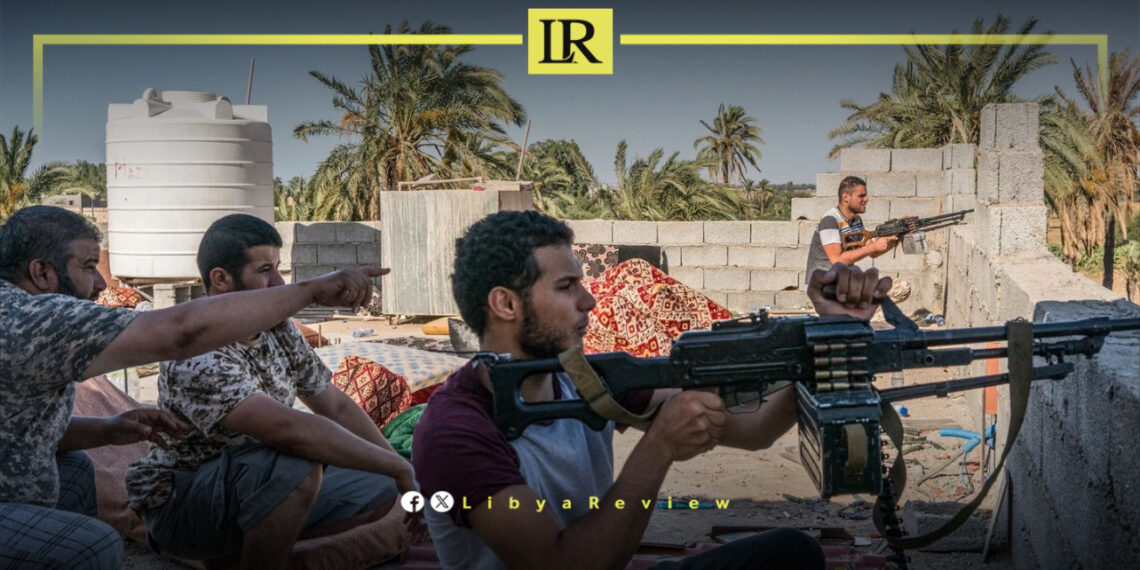An international study by the Small Arms Survey has highlighted Libya as one of the countries suffering from widespread firearms proliferation among civilians. According to the organization’s recent report, while the global issue of civilian gun ownership persists, the Maghreb region, with the exception of Libya, ranks among the lowest in terms of civilian firearms possession.
The report details the rate of civilian-held firearms per hundred people across the Maghreb countries. Libya stands out with a significantly higher rate of 13.27 firearms per 100 civilians, contrasting sharply with its neighbors. Morocco records a rate of 4.80, Mauritania at 2.80, Algeria at 2.14, and Tunisia with the lowest at 1.07.
This stark contrast underscores the unique security challenges Libya faces compared to its regional counterparts. The high number of civilian-owned weapons in Libya reflects the ongoing instability and security concerns that have plagued the nation following years of political turmoil.
Experts from the Small Arms Survey suggest that the disparity in gun ownership rates may influence the varying degrees of peace and security across these nations. As Libya continues to navigate its complex political landscape, understanding the implications of such high levels of civilian gun ownership remains crucial for both national and regional stability.
Over the years, kidnappings, arrests, and assassinations have increased substantially in western Libya. This is evident in the repeated statements of the Ministry of Interior, about the arrest of gangs and individuals involved in the kidnapping and extortion of expatriate workers.
In late October, the Head of the Zaher Al-Jabal Police Station, Abdel-Salam Abdullah Abdel-Nabi, was assassinated by unknown assailants. Just days before, a policeman was assassinated in the same city. Despite this happening in full view of everyone, those at the helm of power do not move a finger to identify the perpetrators. The security authorities do not move to arrest them, or announce their names.
In October, Salah Abdel-Salam, the former Executive Director of the Civil Society Commission of the Libyan Presidential Council, was kidnapped in central Tripoli.


